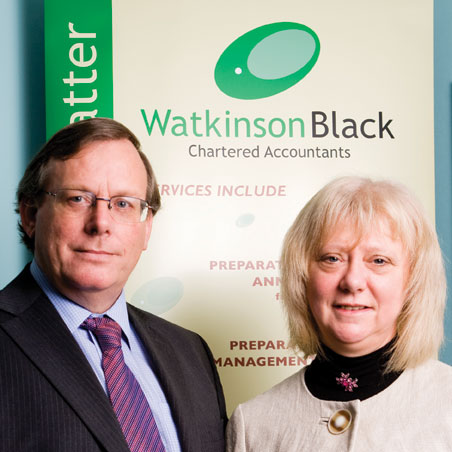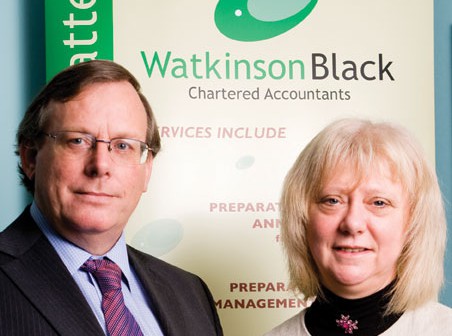‘RENT-a-room’ applies to income charged for providing furnished residential accommodation in your only or main home, this may be of benefit if you take in a lodger. Rules on this will either exempt the rental income or tax it on a more favorable basis.
Under ‘rent-a-room’ a taxpayer can be exempt from income tax on profits from furnished accommodation within their only or main home if the gross receipts they get, i.e. before expenses are £4,250 or less, but you can’t then claim any of the expenses of the letting.
In addition, receipts over the £4,250 exemption limit can be taxed on an alternative basis that may produce a lower tax bill. In short the excess of the gross receipts over the exemption limit would be treated as the taxable rental income instead of the actual profit. But once again you then can’t claim any of the expenses of the letting. For the purposes of the rent-a-room scheme, gross receipts include not only rents but also payments made to the taxpayer for the provision of any other goods or services (such as meals, cleaning, laundry etc) in connection with the letting. The £4,250 limit may be halved if someone else gets rents from letting the same home
The rent-a-room scheme applies to ordinary lettings of living accommodation in the taxpayer’s own home. It does not apply to rooms let as an office or for other business purposes but the scheme would still apply to genuine lodgers who either study at home or who do some of their business work at home in the evenings or at weekends. Where a taxpayer has taxable receipts in excess of the rent-a-room allowance this excess is normally taxable as property income together with any other rental business income received. In some cases, income from a lodger etc may be taxed separately as a trade. Rent-a-room can also be applied by people who let a room in a home they rent as well as to people who own their homes. Although the income is not relevant for tax, it would be prudent to check whether:
• the lease allows them to take in a lodger where they rent their home
• their lender does not mind them taking in a lodger where there is a mortgage held on their home,
• their insurance cover may not be adequate if circumstances have changed and the situation has not been part of the agreed cover from the insurance company
Legislation
The current legislation applies from 2005-06 onwards, the scope of the legislation has not changed. The exemption limit has been £4,250 since 1997-98. The scheme is for qualifying individuals only, and does not apply to companies or partnerships. However it can apply when individuals have the income jointly, i.e husband and wife, or civil partners, or even where there is no partnership.
Pictured Margaret Black & David Watkinson




